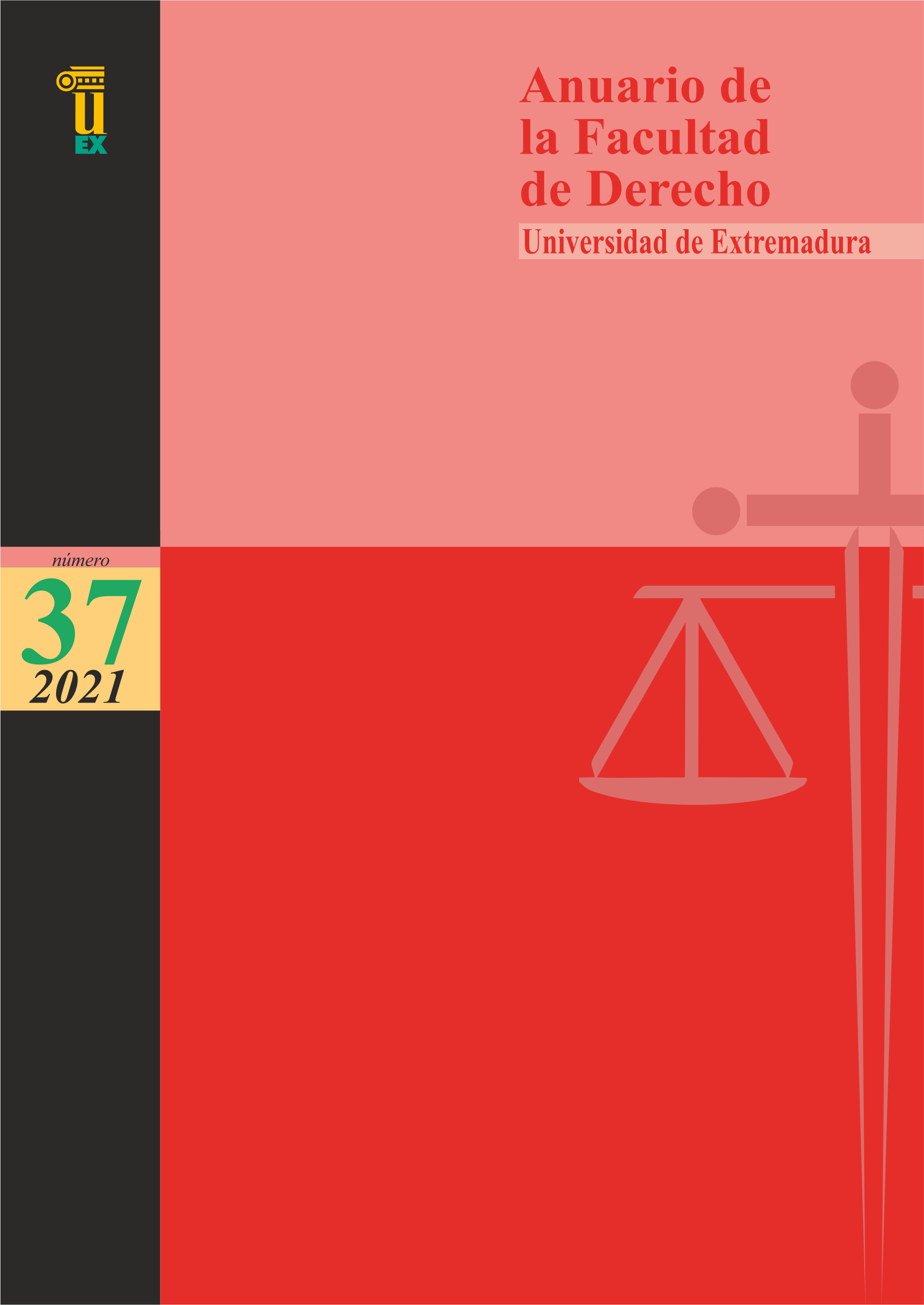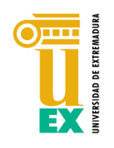The European Identity as a Mechanism of Democratic Legitimacy in the Construction of the European Union. A Globalizing Challenge
DOI:
https://doi.org/10.17398/2695-7728.37.139Keywords:
European identity, democratic legitimacy, European citizenship, European Union, European Constitutional LawAbstract
This article aims to analyse the several attempts by EU Member States and their own institutions to shape a European identity capable of democratically legitimising the European project. In the first stage, and due to the perception of the benefits of the peace achieved after the Second World War and economic integration, no significant efforts were made to build a European identity. In a second stage, since 1984, it began to be perceived that the mere perception of economic benefits was not enough to democratically base the Community project, and so categories and concepts of classical constitutionalism began to be transferred to the Union; in particular, European citizenship, established by the Maastricht Treaty. Finally, the Laeken Declaration of 2001 opened a third stage in which important structural reforms and advances were made in terms of European identity and democratic legitimacy through the failed European Constitution and the subsequent Lisbon Treaty.
Downloads
References
Dahrendorf, Ralf. Perché l’Europa? Riflessioni di un europeista scettico. Bari: Editori Laterza, 1997.
Guild, Elspeth. “The Legal Framework of Citizenship of the European Union”. En Citizenship, Nationality and Migration in Europe, editado por David Cesarani y Mary Fulbrook. 30-55. Londres: Routledge, 1997.
Jiménez Lobeira, Pablo Cristóbal. “EU Citizenship and Political Identity: The Demos and Telos Problems”. European Law Journal 18, nº 4 (2012): 504-517, DOI: https://doi.org/10.1111/j.1468-0386.2012.00612.x.
Krastev, Ivan. “Europe’s Solidarity Deficit”. En What holds Europe together?, editado por Krzysztof Michalski. 143-145. Budapest: Central European University Press, 2013. http://books.openedition.org/ceup/1784.
Lübbe, Hermann. La identidad de Europa y el proceso de Unión Europea. Alcalá de Henares: Instituto de dirección y organización de empresa y Universidad de Alcalá, 1992.
Moreno Juste, Antonio y Núñez Peñas, Vanessa. Historia de la construcción europea desde 1945. Madrid: Alianza Editorial, 2017.
Rubio Llorente, Francisco. “Derechos fundamentales, principios estructurales y respeto por la identidad nacional de los Estados miembros de la Unión Europea”. Anuario de la Facultad de Derecho de la Universidad Autónoma de Madrid 17 (2013): 515-527
Shore, Cris. Building Europe. The Cultural Politics of European Integration. Londres y Nueva York: Routledge, 2000.
Truyol Serra, Antonio. “El informe Tindemans”. Revista Española de Derecho Internacional 29, nº 1 (1976): 91-97.
Von Bogdandy, Armin. “The European constitution and European identity: Text and subtext of the Treaty establishing a Constitution for Europe”. International Journal of Constitutional Law 3, nº 2-3 (2005): 295-315, DOI: https://doi.org/10.1093/icon/moi021.
Weiler, Joseph H. H. The Constitution of Europe. “Do the new clothes have an emperor?” and other essays about European integration. Cambridge: Cambridge University Press, 2002.
Downloads
Published
Issue
Section
License
Since November 2024 this journal is licensed under CC-BY-NC 4.0








.png)




